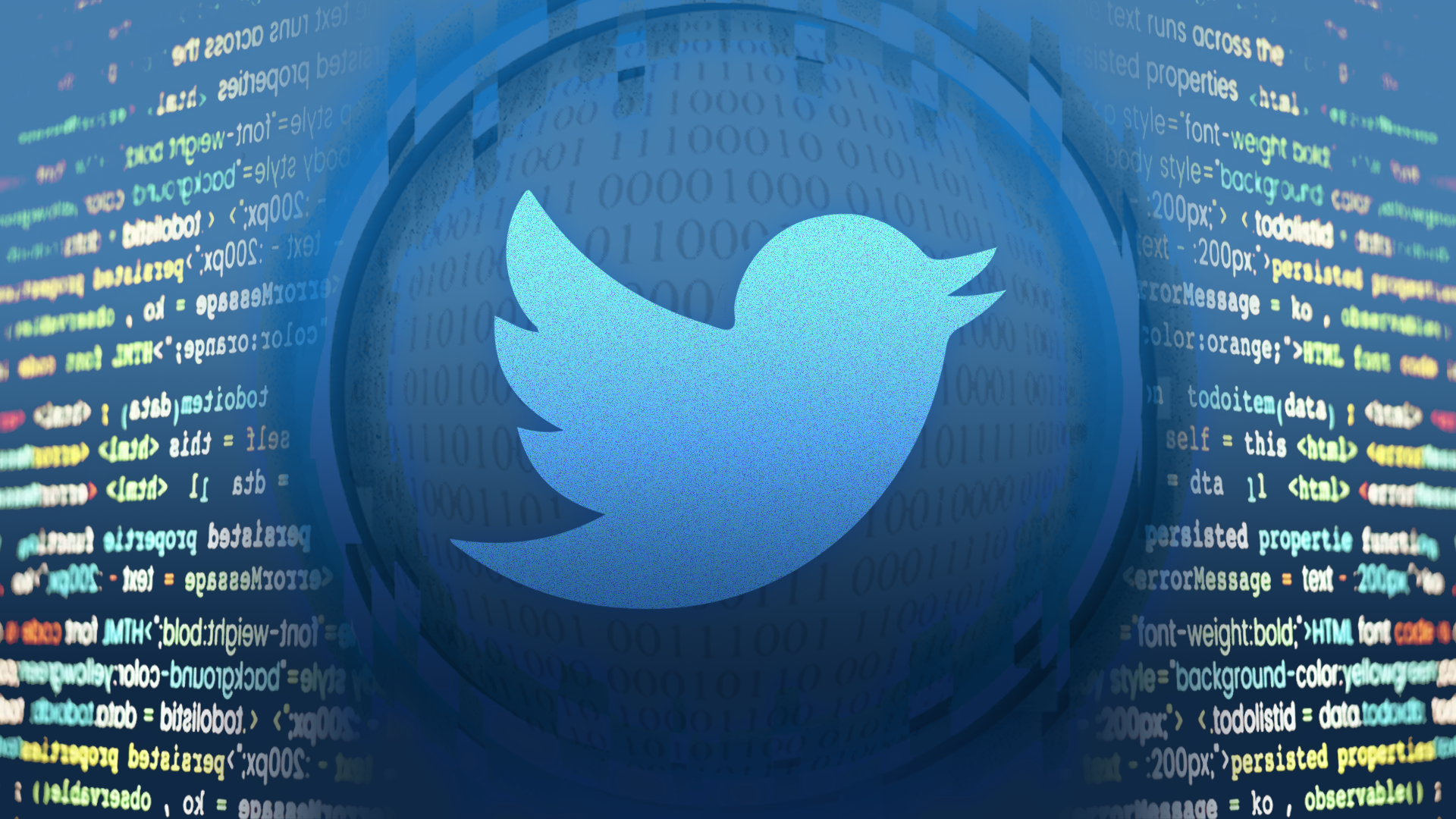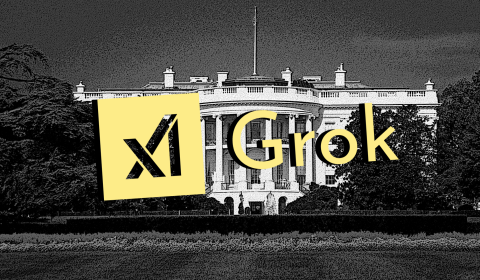In regions where Twitter is partially or completely restricted, a new ‘Tor’ service could soon allow people to circumvent censorship measures. This won’t be well received by certain government figures, but is a big win for online democracy.
Twitter claims this move had been in the works since 2014, but the timing seems awful convenient.
This week, the social media giant has announced plans to launch a version of Twitter that functions through a virtual private network (of sorts). What this means is that user data will be encrypted, allowing people to access the platform as normal in regions where service is suspended.
Given the Kremlin state is aggressively squeezing the free flow of information from both social media and traditional media sources – with Twitter now banned throughout the country – this ballsy move will instantly allow Russian citizens to reclaim their accounts and freely follow social commentary about the invasion.
‘This is possibly the most important and long-awaited Tweet I’ve ever composed,’ said software engineer Alec Muffet, as he announced Twitter’s integration with Tor’s (short for ‘The Onion Router’) service.
If you’ve never heard of a virtual private network or Tor before, don’t worry. We’re about to break down all the jargon.
This is possibly the most important and long-awaited tweet that I’ve ever composed.
On behalf of @Twitter, I am delighted to announce their new @TorProject onion service, at:https://t.co/Un8u0AEXeE pic.twitter.com/AgEV4ZZt3k
— Alec Muffett (@AlecMuffett) March 8, 2022
Tor services vs VPNs
As the name of an Onion service implies, they’re intended to pile layers of encryption on internet searches so they cannot be traced. VPNs share this purpose, but they both have different uses and strengths.
In principle, VPNs emphasise privacy (what you’re doing) whilst Tor is more concerned with anonymity (who you are). It’s a subtle difference, but very important in practice.
Both redirect internet connections and scramble the trail of data, but Tor is far harder to trace.
This is because VPNs route traffic through a physical connection in one other location of your choosing, so you can watch the US Netflix from the UK, for instance. On the other hand, Tor uses several different servers run by volunteers across the globe to bounce the original source. This makes narrowing down a user’s actual IP incredibly difficult.
Onion softwares are sometimes referred to as ‘dark web’ services, through their obvious links to illicit marketplaces, but very legitimate companies including the DuckDuckGo search engine, the New York Times, and The BBC utilise them regularly.
In March, Tor revealed that 12.77% of its entire userbase were already connecting from Russia. Now that Twitter is actively pushing encrypted links (which can be found here), you can expect its Russian userbase to surge in the months ahead.




















